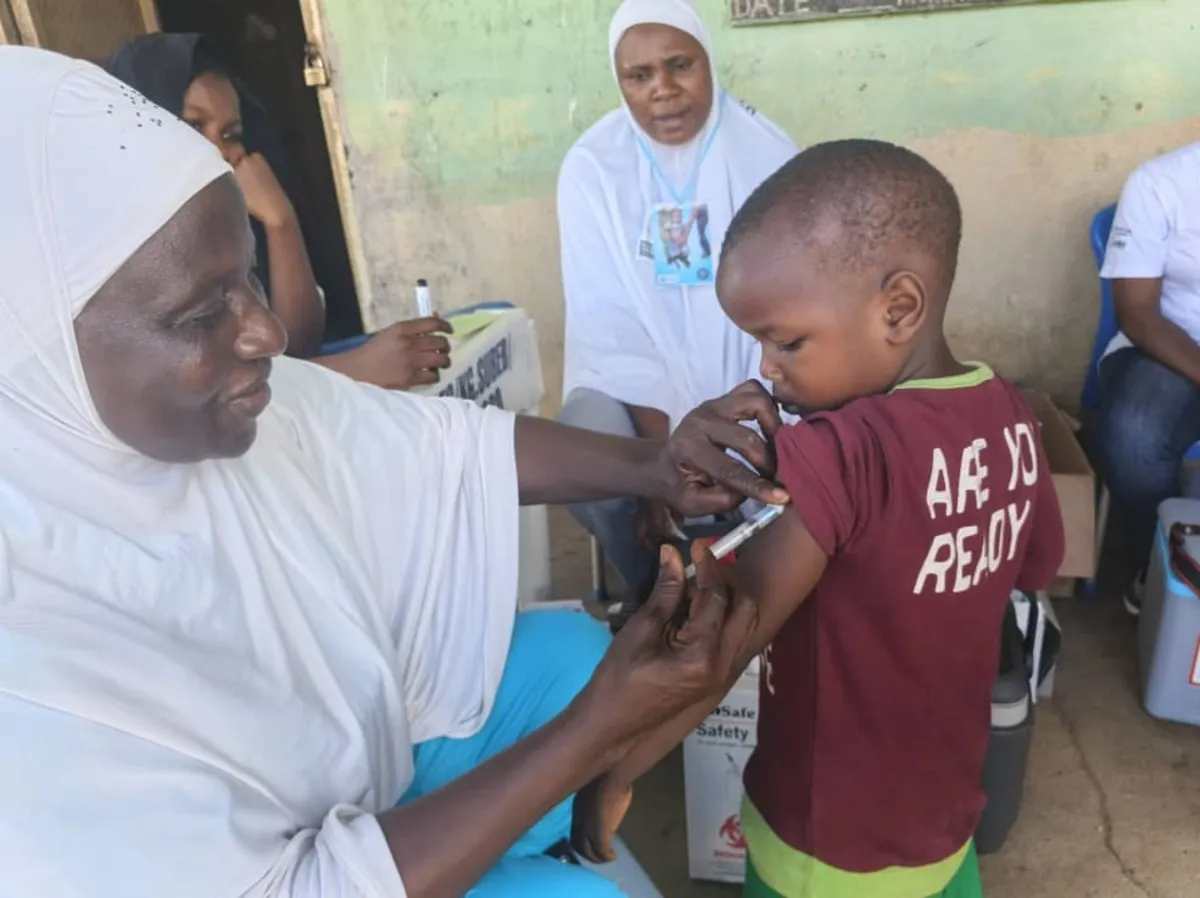The World Health Organisation (WHO) and Germany have renewed calls for urgent global action to tackle Non-Communicable Diseases (NCDs), describing them as a “silent pandemic” claiming millions of lives every year.
Speaking at the World Health Summit 2025 on Monday in Berlin, Germany, WHO Director-General, Dr. Tedros Adhanom Ghebreyesus, said NCDs kill 43 million people annually and remain the leading cause of death worldwide.
“Cancers, heart disease, diabetes, and chronic respiratory diseases account for seven of the world’s top ten causes of death.
Every year, NCDs kill 18 million people under the age of 70 — people cut down in their prime from diseases that could be prevented or treated,” he said.
Ghebreyesus disclosed that more than one billion people globally face mental health conditions, with suicide ranking as the third leading cause of death among young people.
He urged countries not to wait for the formal adoption of the upcoming UN Political Declaration on NCDs before taking action.
“The challenge is huge, but the solutions are available and affordable. Together, we can prevent disease, protect health, and save lives from NCDs now,” he said.
According to him, the forthcoming UN declaration, expected to be adopted later in October, will set concrete global targets for the next five years, including:
150 million fewer tobacco users,
150 million more people with controlled hypertension, and
150 million more people gaining access to mental health care.
Earlier, Germany’s Federal Minister of Health, Ms. Nina Warken, reaffirmed her country’s leadership in global health and commitment to tackling NCDs through prevention, reform, and innovation.
Warken described NCDs as a “silent pandemic” demanding urgent global attention.
“If NCDs were a virus, the world would be in lockdown,” she said, warning that they account for 90 per cent of deaths in Germany and 75 per cent of deaths globally.
She highlighted Germany’s inter-sectoral initiatives to promote physical activity, improve mental health literacy, and integrate prevention into all areas of policy.
“Prevention is not only a national priority, it is a global imperative. We have the tools; what we need now is determination and partnerships to deliver results,” she said.
According to the News Agency of Nigeria (NAN), despite major advances in healthcare, NCDs such as cardiovascular diseases, diabetes, cancer, chronic respiratory diseases, and mental health disorders remain the leading causes of premature death and disability globally, particularly in low- and middle-income countries.
Experts say a substantial share of these deaths is preventable through timely, integrated, and affordable healthcare, backed by effective policy and regulatory frameworks.
However, persistent gaps in prevention, diagnosis, treatment access, and financing continue to hinder global progress. Without decisive action, the Sustainable Development Goal (SDG) Target 3.4 — reducing premature mortality from NCDs by one-third by 2030 — will remain out of reach.
The Fourth UN High-Level Meeting on the Prevention and Control of NCDs and Promotion of Mental Health and Well-being, held in September, marked a renewed global commitment to accelerate progress.
It established a core framework to guide global action on NCD prevention and control from 2025 onward.
At the World Health Summit, discussions focused on strengthening health systems, ensuring equitable access to care, and identifying scalable, inclusive solutions for NCD prevention and treatment.
The session also explored ways to build cross-sectoral partnerships and sustain a coordinated global response to the growing NCD burden.





